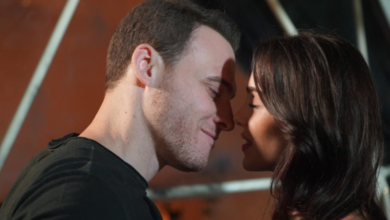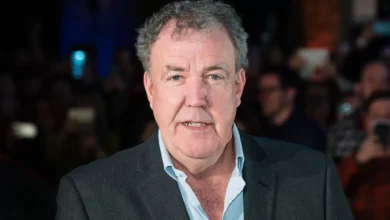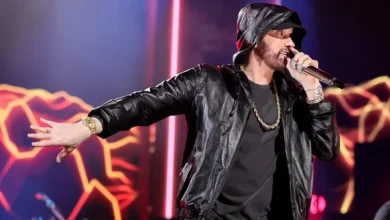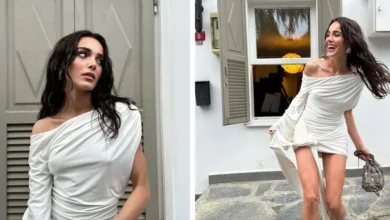Robert Carlyle on The Full Monty’s return: ‘If you don’t laugh, you’ll cry’
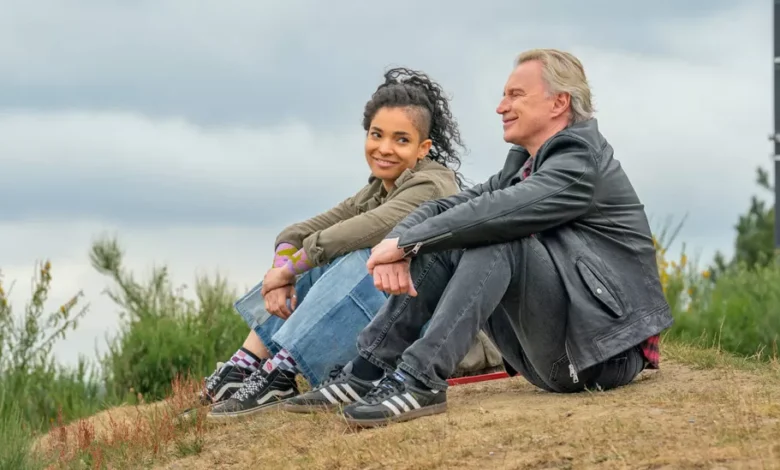
The Full Monty, about a group of unemployed Sheffield steelworkers-turned-strippers, was one of the best-loved and highest-grossing British films of the 1990s. A new streaming series shows what became of the characters.
The Full Monty film opened with a shot of a derelict Sheffield factory, and ended with a group of former employees hauling themselves off the scrapheap to stage a strip show in a working men’s club.
Twenty-six years on, the new Disney+ series opens with a shot of the same working men’s club. It’s now derelict too.
A quarter of a century may have passed, but not much has changed.
And despite the 1997 film’s uplifting ending, it turns out that most of the six friends have only narrowly avoided dereliction themselves.
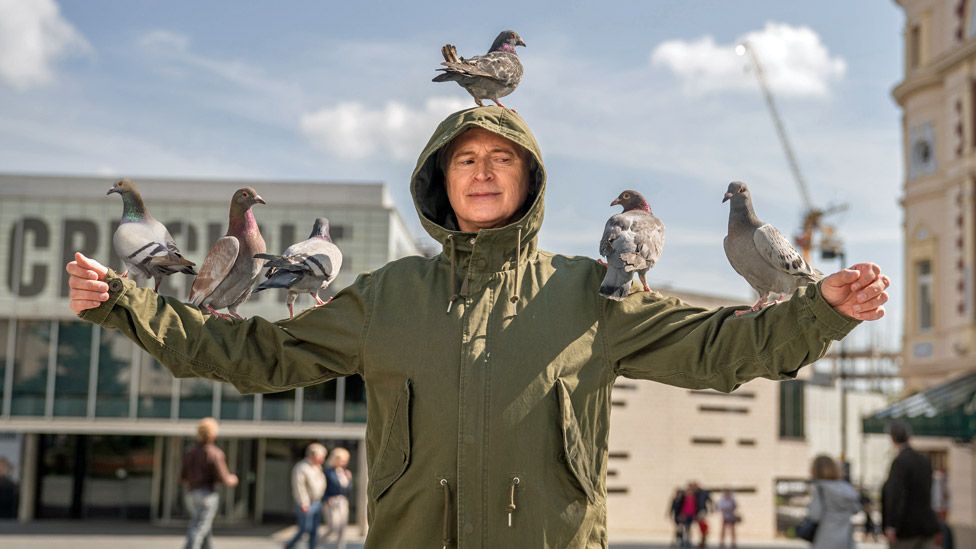
They are led by lovable rogue Gaz, played by Robert Carlyle. The actor says that after years of industrial decline, when the film came out there was a sense of optimism in the UK, thanks to New Labour, Cool Britannia and Britpop. “It seemed to be that things can only get better.”
That didn’t last long, though, Carlyle continues. “The past 25 years have been really tough for people. Twenty-five years, it seems, of austerity that’s really chipped away at these characters and their lives.
“It’s chipped away the infrastructure in the country as well. And I think the show reflects that.”
Gaz is now a porter on a psychiatric ward, while best mate Dave (played by Mark Addy) is a caretaker at the school where his wife Jean (Lesley Sharp) is headteacher. Both fertile settings for storylines about a crumbling state.
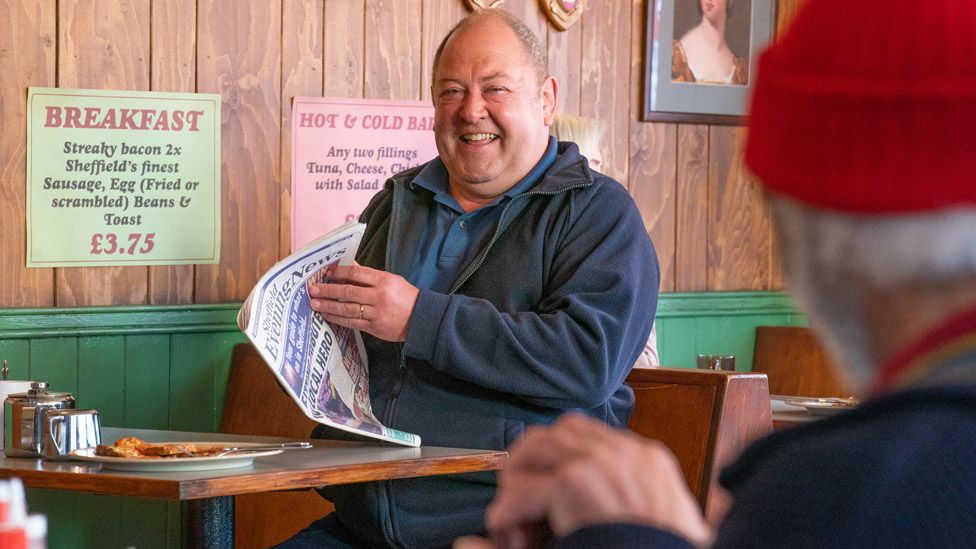
Meanwhile, Gerald (Tom Wilkinson) and Horse (Paul Barber) have been left behind by modern life, and Lomper (Steve Huison) runs a café called Big Baps with his husband – although that name soon gets cancelled.
Only Guy (Hugo Speer) seems to have prospered, now the privately-financed pantomime villain.
However, he disappears half-way through the series because the actor was himself cancelled after Disney investigated “allegations of inappropriate conduct” on set. The actor denied that and said he “didn’t believe I’d done anything wrong”.
The gang are joined by William Snape – who played Gaz’s son Nathan in the film – and Talitha Wing, who has been cast as Gaz’s daughter Destiny.
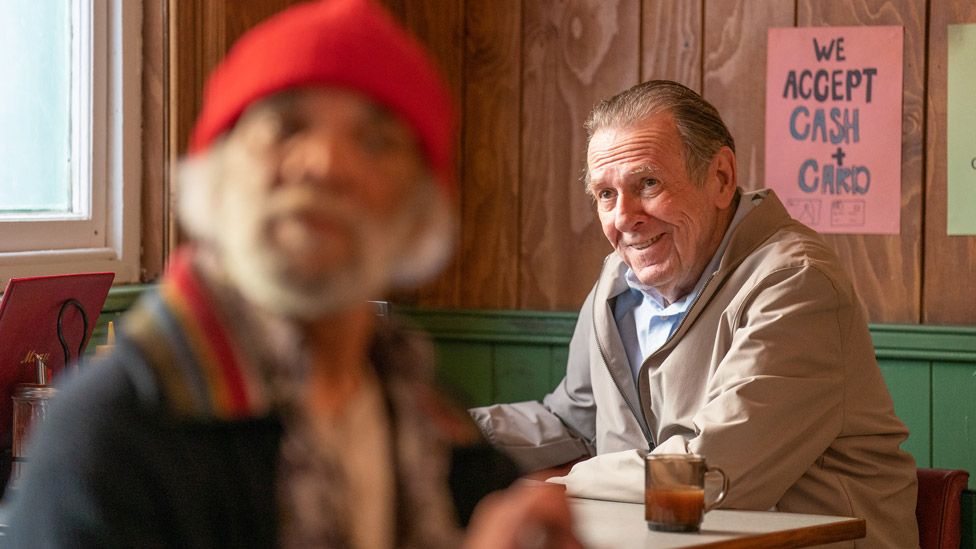
At 26, Wing is the same age as the film. She familiarised herself by watching it with her grandparents. “I thought we’d find different bits funny,” she says.
“But we all actually were laughing at the same bits. So the humour and people coming together in times of hardship, I guess, is something that transcends time and generations, and is a story that everyone can understand.
“Even though I might not have been around at the time that it was going on, I feel like you can take the message and apply it to whatever is going on [today]. And unfortunately in some instances, not that much has changed.”
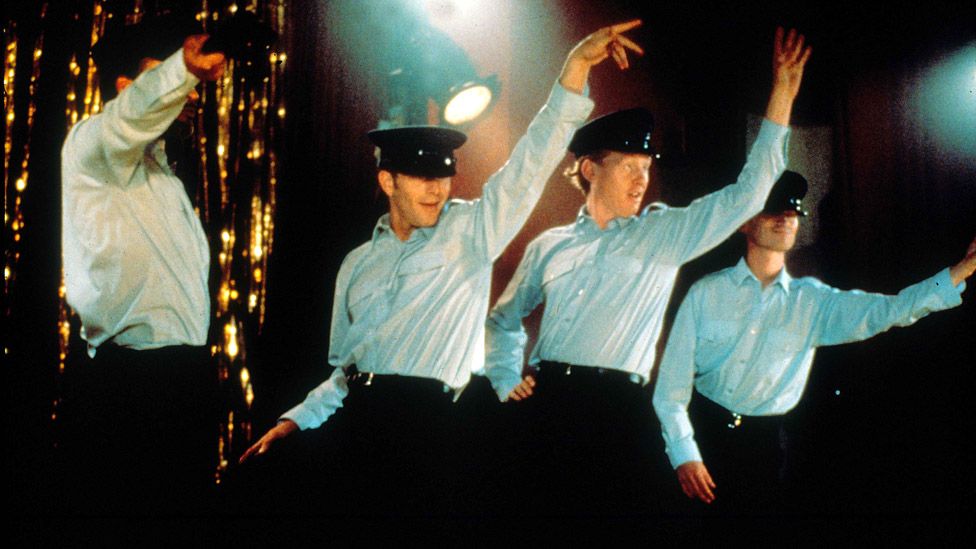
The eight-part series has been co-written by Simon Beaufoy – who was nominated for an Oscar for the original – and Alice Nutter.
They have been able to put a wide range of issues “in a package and still make it funny”. Carlyle says. “That’s the genius of Simon’s writing. If you don’t laugh, you’ll cry.”
With the main characters now in their mid-50s to mid-70s, the South Yorkshire-set comedy-drama resembles what might emerge if Ken Loach directed Last of the Summer Wine.
In a three-star review, The Telegraph’s Michael Hogan said the new version “firmly wears its politics on its sleeve – with mixed success”.
‘Mirthful yet melancholic’
“The issues will be all too recognisable, especially to those in neglected communities,” he wrote.
“If the optimism of the original… has gone, that’s the point – this is a sobering reminder of how far we haven’t come.”
Collider’s Chase Hutchinson described it as “a slightly baggy series elevated by the charm of flawed characters just trying to find their way in the world”.
He concluded that “the overall experience is a mirthful yet melancholic one worth riding along with”.
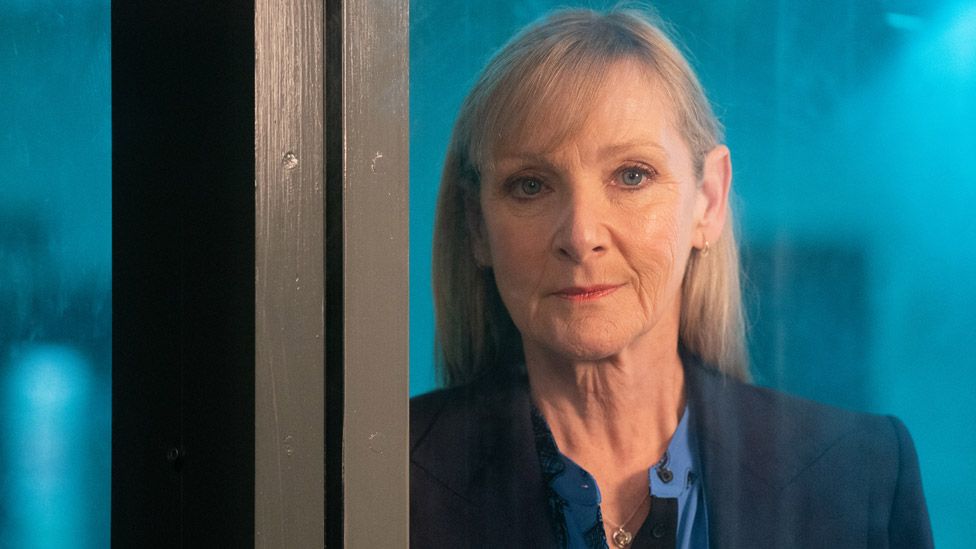
While having eight episodes does make the series “slightly baggy” (there are major plots about a Britain’s Got Talent-winning dog, a lost racing pigeon and a Job Centre siege), it does provide more time for characters like Jean.
“In the 90 minutes that was the film, naturally and rightly the story had to be about that group of men, who were all trying to live with being made redundant,” Sharp says.
“What’s fantastic about revisiting it is that instead of having 90 minutes, you’ve got eight hours to explore in detail what has happened subsequently to all of those characters. And yes, that includes a lot of really vibrant, whip smart women – young and older.
“So I think it’s great that the original film, which was male centric, is now being ameliorated by the presence of some really interesting older and younger women.”
While revisiting a beloved film is a surefire way to attract eyeballs, it also comes with expectations.
“Revisiting anything can be fraught with complication,” Sharp accepts. “But because the film had been so loved and because Simon obviously wanted to continue telling the story of those characters, it felt like it was an enormous opportunity.”
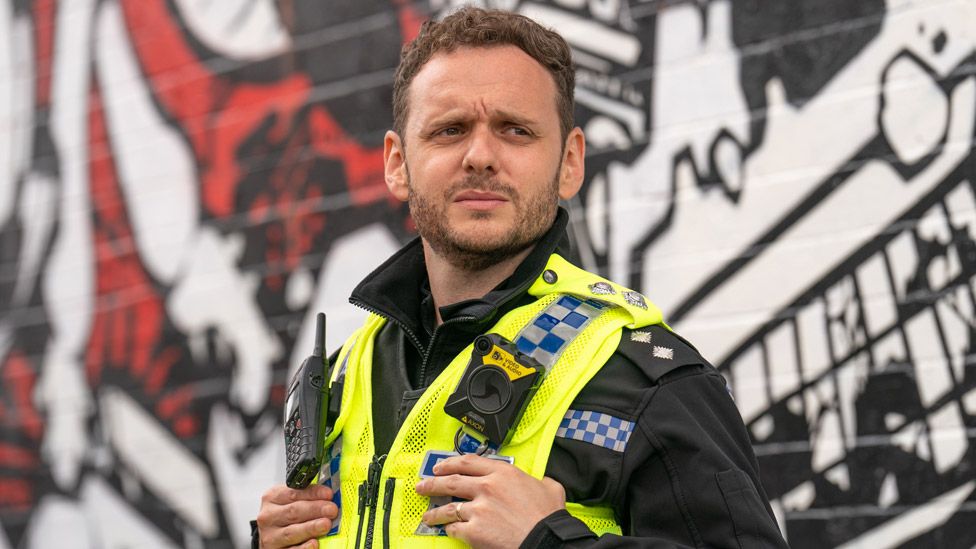
One plot line that gets relatively little screen time is stripping. “Well, nobody really needs to see that,” smiles Addy. “It’s about so much more.
“That was our starting block and it’s interesting to see where these characters have gone from there.”
Much of the film’s appeal, though, came from the idea of stripping, if not the act itself – as a clever way to give the men a liberating and cheeky opportunity to shed society’s limitations and regain control of their lives.
Its feel-good power was such that the film has spawned a number of celebrity charity spin-offs – see The Real Full Monty on Ice – as well as inspiring amateur fundraisers.
“There are still men who get together and do the Full Monty for charity,” Carlyle notes. “And I think that’s an amazing thing. If The Full Monty has done nothing [else] and it was only that, then it is worth it.”
‘Beautiful to see the guys again’
The actor originally feared the film would bomb because it was such a tough shoot. “You’d go home at night thinking, what is this? Is this funny? Is this anything?” he says.
“I thought, this is never going to work. Of course, the finished article proved me wrong.”
This time, filming was “relatively easy”, he says. “It really was beautiful to see the guys again, because you look in each other’s faces and you see life, you know, in the lines in their face. And that was lovely.
“And the thing is, The Full Monty has been like a huge big warm shadow that’s followed me my whole career. There’s only about four or five other people in the world that understand that. And it’s those guys. It was fantastic to be back doing all that again.”

